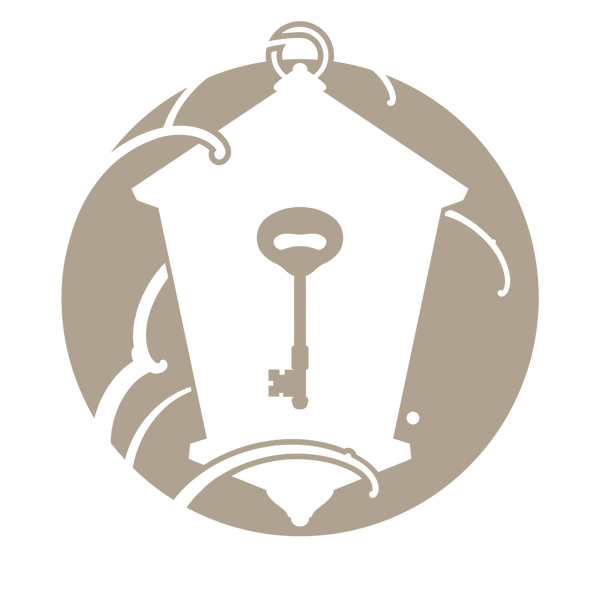Did you know that bees are responsible for 1/3 of what humans eat? Indeed, they play a crucial part of our agriculture, pollinating fruits, vegetables and nuts.
Without bees, pumpkin and apple production would approximately drop by 90%. The honey production is said to have decreased by 30% in the last decade due to the declining number of bees. We can’t let that get any worse.
Most fruits and vegetables start to form(fertilization) after the flowers of the plant have been pollinated. Pollen must transfer from an anther to a stigma in order to form a zygote, between 70 and 80% of that pollinisation is done by our sweet flying friends. It’s only after that process that the plant will start to grow it’s fruits/vegetables/nuts.
There are approximately 20 000 species of bees in the world!
Bees are associated with hard work, wealth and good luck. They reminds us of our social nature, the importance of community. Contrasting with the dedication and restlessness they give off they also point out the importance to stop and smell the flowers. Beauty can be found in every little thing of our day to day. They are a reminder of balance between productivity and pleasure.
We all can have an impact on the saving of the bees, whether it’s by creating bee friendly environments in our outdoor spaces or just by raising awareness of their condition. To adopt a chemical free technique of growing for you garden will also protect their sensitive systems. Switch to natural options and the addition of beneficial insects that keeps pests away. Preferably consuming produces that were grown without insecticides, like organic farms by exemple is another way of doing your part.
Flowers and trees is not only a source of nectar for the pollinators, it’s also an essential habitat. Trees provide shelter and nesting ressources. Honey bees see all the different colors except from red, so you can have a variety of colourful flowers for them to come and get pollen and nectar. Some bee friendly species native in North America are : American Basswood, Wild Aster, Virginia Bluebells, Rocky Mountain Penstemon. Other great varieties to plant are: Calendula, Bee Balm, Lavender, Black Eyed Susan.
To prevent bees from dehydration, especially on very hot days, install a bee bath. Put a shallow recipient of water filled with pebbles (to brake the water’s surface) in your backyard so that the bees can take a break to drink safely.
Support your local beekeepers, they have a huge impact on them since they are in direct contact with the bees and hives. Buying local honey or beeswax products is a great way to show them appreciation.
There’s plenty of organisations helping the bees in different ways that you can donate to also. With my most recent t-shirt design, I’m donating 5$ to the bee conservancy for each piece sold.
You can also donate directly here:
https://thebeeconservancy.kindful.com/?campaign=1194394
References:
